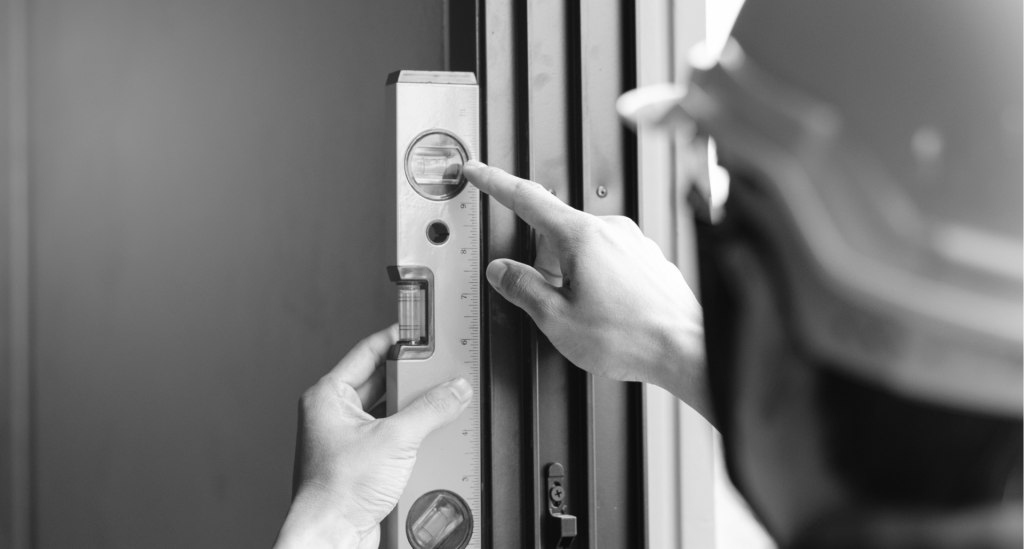18 April 2017
Have you got the right business structure to protect your interests?
No matter how successful a business is, if it is built around the wrong legal structure it will remain exposed to creditors of the business.
The size of your business will often dictate what legal structure you use (for example a sole trader, partnership, company, family trust etc). However, many business owners forget that using the incorrect legal structure for their business can place them in a position where they may be personally liable for the debts of their business, and more importantly that they may be placing their personal assets at risk by making them available to creditors of the business.
In the current financial environment, this issue has become more important because we see so many businesses failing, and sometimes this is not because of any fault in the business itself but arises from the ‘domino effect’ of another business failing and causing financial loss to your business
The 4 main types of business structures are:
- Sole Trader
- Company
- Partnership
- Trust
Sole Trader
As the name suggests, a sole trader business is a single person who owns and operates all facets of the business.
“This effectively makes the individual’s assets vulnerable to creditors of the business.”
Because all assets of the business are owned by the individual, all debts and liabilities are the individual’s responsibility.This effectively makes the individual’s assets vulnerable to creditors of the business. In this type of structure there is no clear distinction between assets of the business and the owner’s personal assets. Legally, they are one and the same.
Company
A company is markedly different to a sole trader. Although a company is also run by an individual or more than one individual, legally the company is a separate entity to the individuals who own shares in the company (called ‘Shareholders’).
The persons who control and operate the business of the company are the Directors, who are usually also shareholders in the company. The shareholders own the assets of the company but those assets are separate and distinct from the personal assets of the shareholders. Therefore, the personal assets are not vulnerable to creditors of the company.
“As far as tax is concerned, a company has its own tax rate and can be lower than that for an individual.”
Further, the liability of the shareholders is limited to the amount of any unpaid share capital. For example, if the shareholder purchased 1,000 shares @ $1.00 each but only paid $500 then the shareholder’s liability to the company is limited to the remaining $500 owed for the shares.
Needless to say, where the company owes a debt in the thousands of dollars but has few assets, the limited liability feature of shareholders is valuable.
The profits of a company are paid as dividends to the shareholders if the Directors of the company decide to declare a dividend.
As far as tax is concerned, a company has its own tax rate and can be lower than that for an individual.
Partnership
A partnership is an association of people or entities running a business together but not as a company.
There are two main types: General and Limited.
A General Partnership is the more common type and its key feature is that the partners of the business are both individually and collectively responsible for the debts of the partnership.
Partners in a Limited Partnership have limited liability for the debts of the business.
Unless otherwise agreed between the partners, a partnership exists only for as long as the partners are part of the business and ceases upon the death of any of the partners or if a partner chooses to leave the business.
Trust
A Trust is a legal relationship between a person or an entity (called a “Trustee”) who holds property for the benefit of other persons or entities (called “Beneficiaries”).
“Trusts are an effective way to control and channel income streams of the business in ways which minimise tax as well protect assets of the business.”
A Trustee can be an individual or more than one individual or an entity, such as a company.
Trusts are an effective way to control and channel income streams of the business in ways which minimise tax as well protect assets of the business.
A Trust which owns and operates a business is usually required to have its own tax file number and to be registered for GST and have an ABN if making a taxable supply of goods and services.
Choosing the right business structure
In most cases, it will be desirable to operate a business through a corporate structure. This has both the benefit of limited liability and also, tax advantages in many cases.
Further, for an established business, a corporation can give it some degree of staying power that is often not found in sole trader or partnership businesses. This is because a company generally outlives those who own and operate it, whereas the business of a sole trader or partnership ‘dies’ upon the death of the person(s) who own and operate it.
When is a “sole trader” or “partnership” option the best option?
In some cases however a sole trader or partnership is the preferred business structure; for example, if the business has few trade creditors or where it may have adequate levels of insurance in place. There are generally lower expenses than those typically associated with producing company financial statements and company tax returns.
For those businesses operating primarily for charitable or benevolent purposes or for the benefit of a particular industry within the community, then an Incorporated or Unincorporated Association or Co-Operative may be the answer.
The right business model for you will ultimately depend on a number of factors including:
- What business assets and goodwill need to be protected
- Whether personal assets of the business owners need to be protected
- Whether there are any tax advantages in a corporate structure with or without associated trusts
As you may gather, this is a complex area of law and it’s important that experienced financial, accounting and legal advice is sought to ensure you have the right structure for your business.
At Andersons, we can help you set up the right business structure to suit your needs and also refer you to suitable accountants and financial advisors if desired.
You can find out more about legal advice for small and medium businesses here.
If you would like more information on commercial and business law, please contact our commercial and business law team here.
No matter how successful a business is, if it is built around the wrong legal structure it will remain exposed to creditors of the business.





